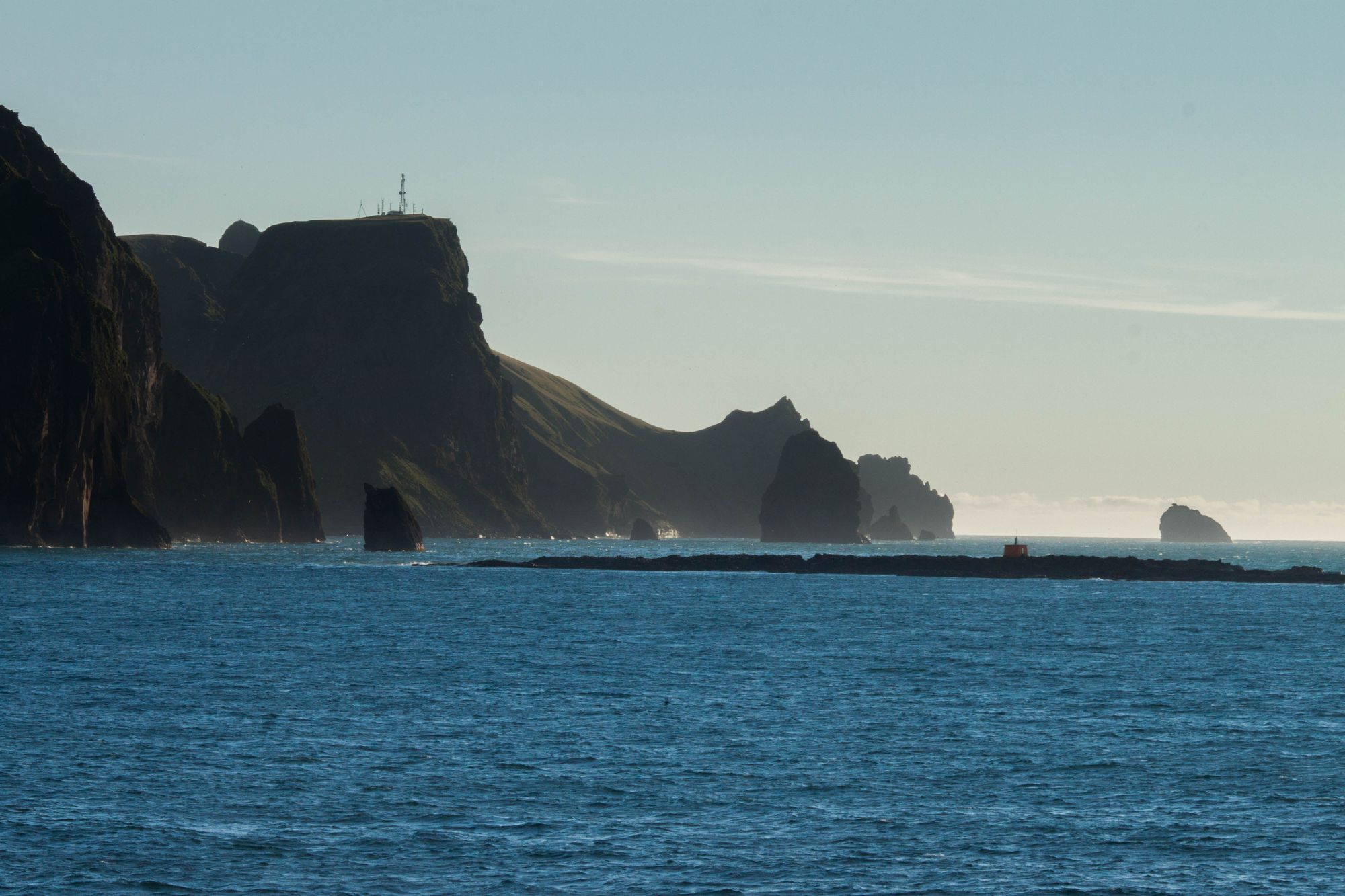Campus Mondial de la Mer: promoting Brittany’s marine science and technology research internationally
If the ocean were a country, it would be the world’s 7th-largest economic power, according to a report by the WWF, and the wealth it produces could double by 2030. The Brittany region, at the forefront of marine science and technology research, can make an important contribution to this global development. This is what the Campus Mondial de la Mer (CMM), a Brittany-based academic community, intends to prove. The aim of the Campus is to promote regional research at the international level and support the development of a sustainable marine economy. René Garello, a researcher at IMT Atlantique, a partner of the CMM, answers our questions about this new consortium’s activities and areas of focus.
What is the Campus Mondial de la Mer (CMM) and what are its objectives?
René Garello: The Campus Mondial de la Mer is a community of research institutes and other academic institutions, including IMT Atlantique, created through the initiative of the Brest-Iroise Technopôle (Technology Center). Its goal is to highlight the excellence of research carried out in the region focusing on marine sciences and technology. The CMM monitors technological development, promotes research activities and strives to bring international attention to this research. It also helps organize events and symposiums and disseminates information related to these initiatives. The campus’s activities are primarily intended for academics, but they also attract industrial players.
The CMM hosts events and supports individuals seeking to develop new projects as part of its goal to boost the region’s economic activity and create a sustainable maritime economy, which represents tremendous potential at the global level. An OECD report on the sea economy in 2030 shows that by developing all the ocean-based industries, the ocean economy’s output could be doubled, from $1.5 trillion US currently to $3 trillion US in 2030! The Campus de la Mer strives to support this development by promoting Brittany-based research internationally.
What are the Campus Mondial de la Mer‘s areas of focus?
RG: The campus is dedicated to the world of research in the fields of marine science and technology. As far as the technological aspects, underwater exploration using underwater drones, or autonomous underwater vehicles, is an important focus area. These are highly autonomous vehicles, it’s as if they had their own little brains!
Another important focus area involves observing the ocean and the environment using satellite technology. Research in this area mainly involves the application of data from these observations, from both a geophysical and oceanographic perspective and in order to monitor ocean-based activities and the pollution they create.
Finally, a third research area is concerned more with physics, biology and chemistry. This area is primarily led by the University of Western Brittany, which has a large research department related to oceanography, and Institut Universitaire Européen de la Mer.
What sort of activities and projects does the Campus de la Mer promote?
RG: One of the CMM’s aims is to promote the ESA-BIC Nord-France project (European Space Agency – Business Incubator Center), a network of incubators for the regions of Brittany, Hauts-de-France, Ile-de-France and Grand-Est, which provides opportunities for financial and technological support for startups. This project is also connected to the Seine Espace Booster and Morespace, which have close ties with the startup ecosystem of the IMT Altantique incubator.
Another project supported by the Campus Mondial de la Mer involves creating a collaborative space between IMT Atlantique and Institut Universitaire Européen de la Mer, based on shared research themes for academic and industrial partners and our network of startups and SMEs.
The CMM also supports two projects led by UBO. The first is the ISblue, the University Research School (EUR) for Marine Science and Technology, developed through the 3rd Investments in the Future program. The Ifremer and a portion of the laboratories associated with the engineering schools IMT Atlantique, ENSTA Bretagne, ENIB and École Navale (Naval Academy) are involved in this project. The second project consists of housing the UNU-OCEAN institute on the site of the Brest-Iroise Technology Center, with a five-year goal to be able to accommodate 25-30 individuals working at the center of an interdisciplinary research and training ecosystem dedicated to marine science and technology.
Finally, the research themes highlighted by the CMM are in keeping with the aims of GIS BreTel, a Brittany Scientific Interest Group on Remote Sensing that I run. Our work aligns perfectly with the Campus’s approach. When we organize a conference or a symposium, whether at the Brest-Iroise Technology Center or the CMM, everyone participates! This also helps give visibility to research carried out at GIS Bretel and to promote our activities.
Also read on I’MTech
[one_half]
[/one_half]
[one_half_last]
[/one_half_last]





Leave a Reply
Want to join the discussion?Feel free to contribute!